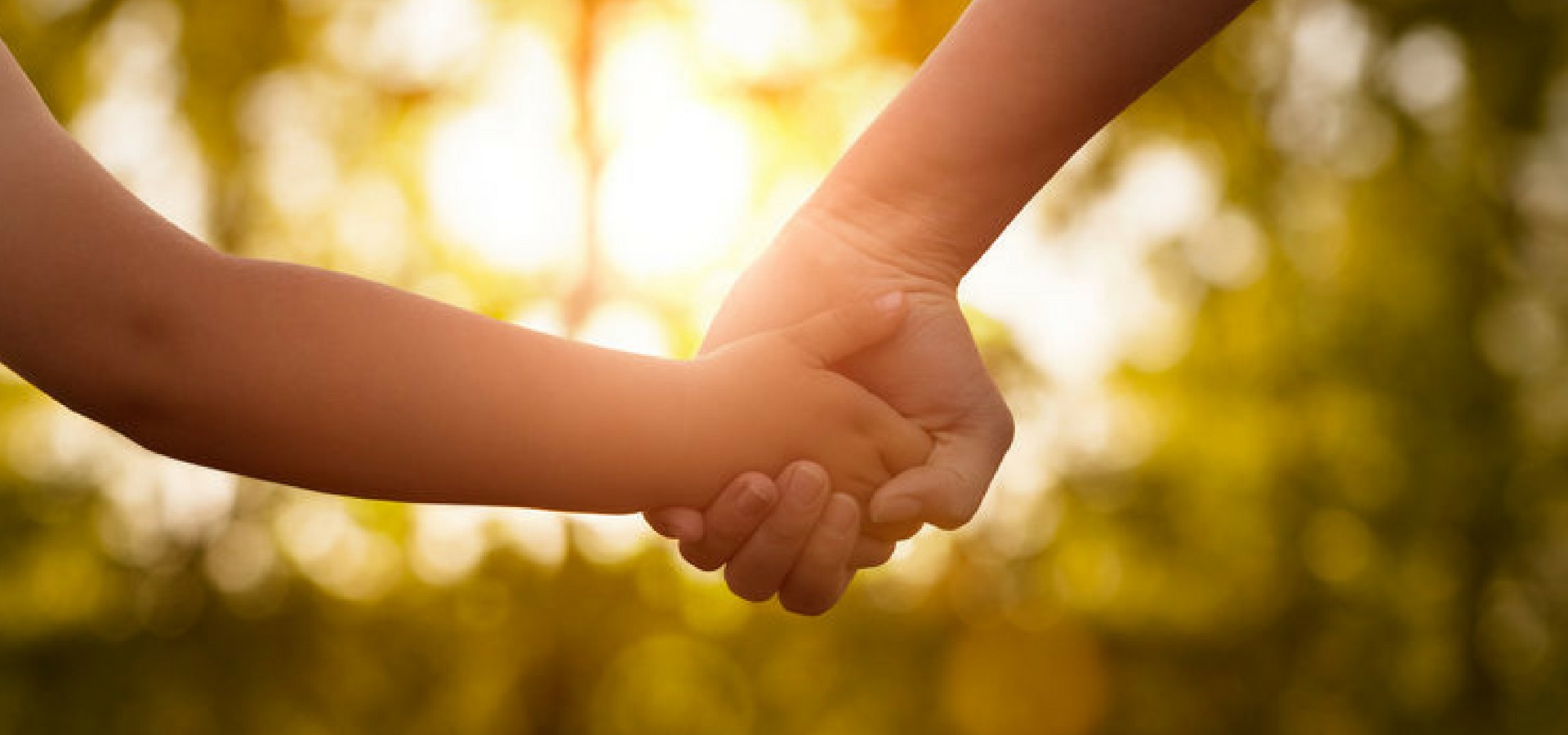The older our children get, the more they interact with the world at large. And the more they interact with other people out there, the more likely they are to run into other people’s rules and values. So is it ok for someone else to discipline your child? And what should you do if you don’t like how they do that?
Well, whether your like it or not, other people are going to react when your children challenge their values or push buttons on their own unresolved stuff. This is neither good not bad – Children will learn that everyone has their limits and they will learn about the natural consequences of interaction with other human beings. Every household will have it’s own rules based on the values of the people living there. This is part of learning how to socialise – seeing that other people have different values and ways of being can help a child to broaden their horizons and see different perspectives.
And the same goes for having other people’s kids over to your home – if someone else’s child seriously challenges your values or pushes your own unresolved buttons, you are likely to react whether you want to or not. And obviously if a child is harming you or your child you need to intervene. I think it is totally appropriate to discuss the ground rules of your home with a visiting child or his/her parents. This way everyone is clear from the outset of what is ok or not in your home. It may help to remember that with children under 10 it is most likely that their highest value is around play. Keep the kids busy with good games and suggest new ones when tensions rise or boredom sets in and they shouldn’t get up to too much nonsense!
If you disagree with the rules laid out in someone else’s home or even at school, I would simply discuss this with your child as a way of pointing out that other people have different rules based on what is important to them and based on different situations. This is normal, and it does not mean that the same things will be allowed (or not allowed) at home.
Obviously if someone handles discipline in a traumatic or degrading way, you will need to address this and/or keep your child away from these people in future.
Handling this appropriately comes down to your confidence as a parent and as a human being. You need to learn to speak up for yourself and speak up for your kids. You have every right as a parent to be specific as to how you want your child to be treated. It may help to find out what triggered the discipline in the first place. If you can figure out what boundary was crossed or what value was challenged, you may be able to explain both to your child and the offending adult what just happened and how it can be avoided in future without the need for discipline. It is all about open and respectful communication. An adult who feels that they have been heard and understood is more likely to listen to your alternatives.
The other place that you may need to address other people disciplining your kids is at home with your domestic helper, nanny or au pair.
It is important to discuss with your nanny what you have decided as a family are the boundaries and allow her to follow through with this. The one thing I would add would be that the nanny should also have the right to her own boundaries and to be treated with respect. I have seen many children speaking abusively to a nanny with the parents watching on and not intervening. Children in these situations will learn to treat some people as less important than others and not to treat all people with respect simply by virtue of them being human.
Your children do need to branch out from home and learn to cope in a world where you will not always be there to step in for them, and where the rules are not always going to be the ones that you have agreed upon as a family. This is an important part of their growth and socialisation, and unless it is abusive, it’s time for you to take a nice deep breath and let them go forth and learn!
We understand that there are many aspects that encompass a Mother, Father or Child and strive toward providing resources and services that accommodates this.
Our content is aimed to inform and educate families on issues starting from pregnancy through to the challenges of the teen-age years.
- Say Hello to the Ultimate Holiday Brunch Bite - December 17, 2025
- Tiny Toons Looniversity Returns: Meet the Voice Behind Plucky and Hamton! - December 12, 2025
- From Pain to Possibility: Panado®’s New Marketing Campaign, Highlights The Joy Of Pain Relief - December 10, 2025





